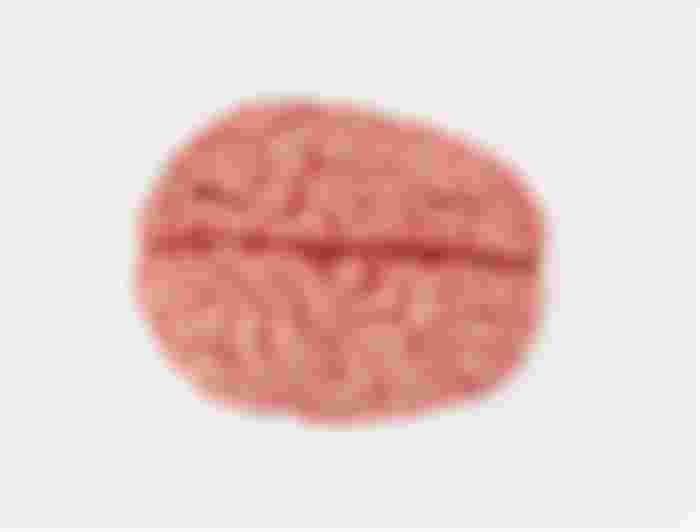How Memory Diminishes After Death
As people get older and near the end of their lives, they often start having more trouble remembering things. This is a complicated and important topic that many scientists are studying. Memory is a very important part of how our brains work. It helps us to keep information in our minds, retrieve it when we need it, and use it to understand the world around us. However, as we age, our memory systems become more fragile and can start to work less effectively. This can make it harder for us to remember things from the past, learn new things, and do everyday tasks. There are many reasons why this might happen. Some of these reasons are to do with changes that happen in the structure and function of the brain, while others have to do with our emotions and psychological state.
Researchers have found that the changes in the brain that happen as we approach the end of our lives can affect how well our memory works. They have seen that the brain's ability to produce and use certain chemicals called neurotransmitters starts to decrease. Neurotransmitters are like messengers that help different parts of the brain talk to each other. They play a big role in how we think, feel, and behave. For example, a neurotransmitter called acetylcholine is really important for making and keeping memories, but its levels tend to go down as we get older, which makes it harder to remember things. Another neurotransmitter, dopamine, helps us feel motivated and happy, but its levels also go down with age, which can make it harder to pay attention and process information.
Apart from changes in the chemicals in our brains, there are also physical changes that can affect our memory. For instance, parts of the brain like the hippocampus, which is responsible for forming and recalling memories, can start to shrink and lose connections. This can make it harder to remember things from the past. The prefrontal cortex, another part of the brain that helps with important thinking tasks, can also start to weaken, making it more difficult to control thoughts and actions. All these changes in the brain can make it more challenging to access and work with information, which affects our memory as we approach the end of our lives.
But it's not just about the brain changes. Our feelings and emotions can also play a big role in how well we remember things. As we get closer to the end of our lives, our emotions can become more intense and less predictable. Some people might feel happy and peaceful, which can help them remember good things and deal with difficult situations. Others might feel scared, angry, or sad, which can make it harder for them to remember things and make it more likely for them to avoid thinking about certain memories. Also, people can have mixed emotions, like feeling happy and sad at the same time, which can make them remember things that have both good and bad parts. How people feel can affect their memory differently, depending on their personality, the kind of support they have, and the culture they are part of.
Besides emotions, things like how motivated we are, how well we pay attention, and how well we understand ourselves can also affect our memory. When we have a strong desire to achieve something or meet our needs, it can help us to remember new and important information better. But when our goals are more about keeping things as they are or avoiding problems, it can make it harder to remember challenging things. Our ability to pay attention is important for focusing on things that matter and ignoring things that don't. As we get closer to the end of our lives, what we pay attention to can change depending on what we care about and what we like. This can affect how well we remember things. Finally, our self-awareness, which means how well we understand our thoughts, feelings, and actions, can also play a role in our memory. People who are good at understanding themselves and their memory can use this knowledge to remember things that matter to them. On the other hand, people who struggle to understand themselves and their memory may find it more challenging to notice and fix mistakes they make while remembering things.
In conclusion, how our memory changes as we approach the end of our lives is a big topic that involves many different factors. It's not just about what happens in the brain but also about how we feel and think. As we get older, all these changes can make it harder for us to remember things, and this can have a big impact on our experiences as we come to the end of our lives. Understanding all these different factors and how they interact is crucial for understanding how our memory changes as we get closer to the end of o

ur lives.
